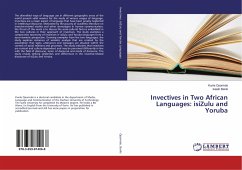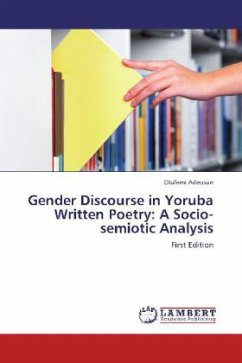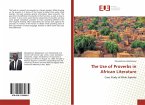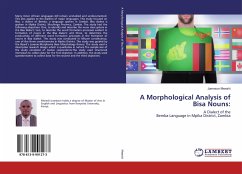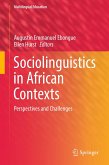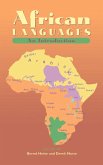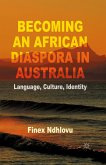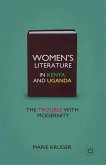The diversified ways of language use in different geographic areas of the world present valid reasons for the study of various usages of language. Invectives are a major aspect of language that have been greatly neglected in intellectual discourse. Motivated by the paucity of academic literature on invective-related studies and other stereotypes in human communication, the thrust of this work is to discuss the socio-cultural factors embedded in the two cultures in their approach of invectives. The study examines a comparative taxonomy of invectives in isiZulu and Yoruba languages from a socio-semiotic perspective. Drawing examples from the two languages, the study explores instances of semiotic analysis that are created by the assumption that signs, utterances and messages are situated within the context of social relations and processes. The study indicates that invectives are context and culture-dependent and may be perceived differently in line with the field of discourse, tenor of discourse and mode of discourse. The study reveals striking similarities and differences in the invective-related discourses of isiZulu and Yoruba.
Bitte wählen Sie Ihr Anliegen aus.
Rechnungen
Retourenschein anfordern
Bestellstatus
Storno

